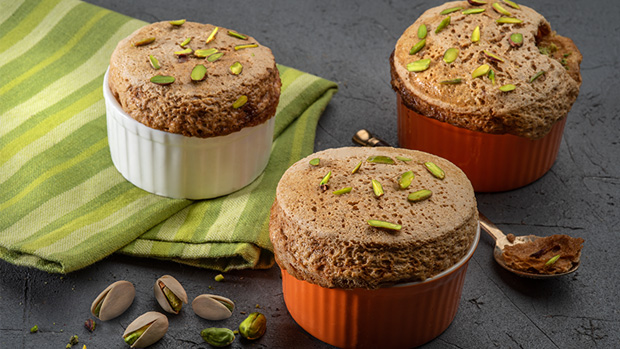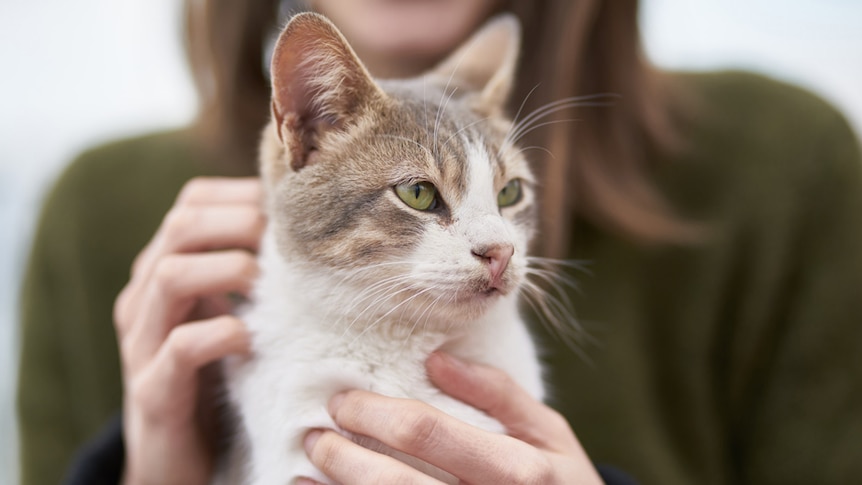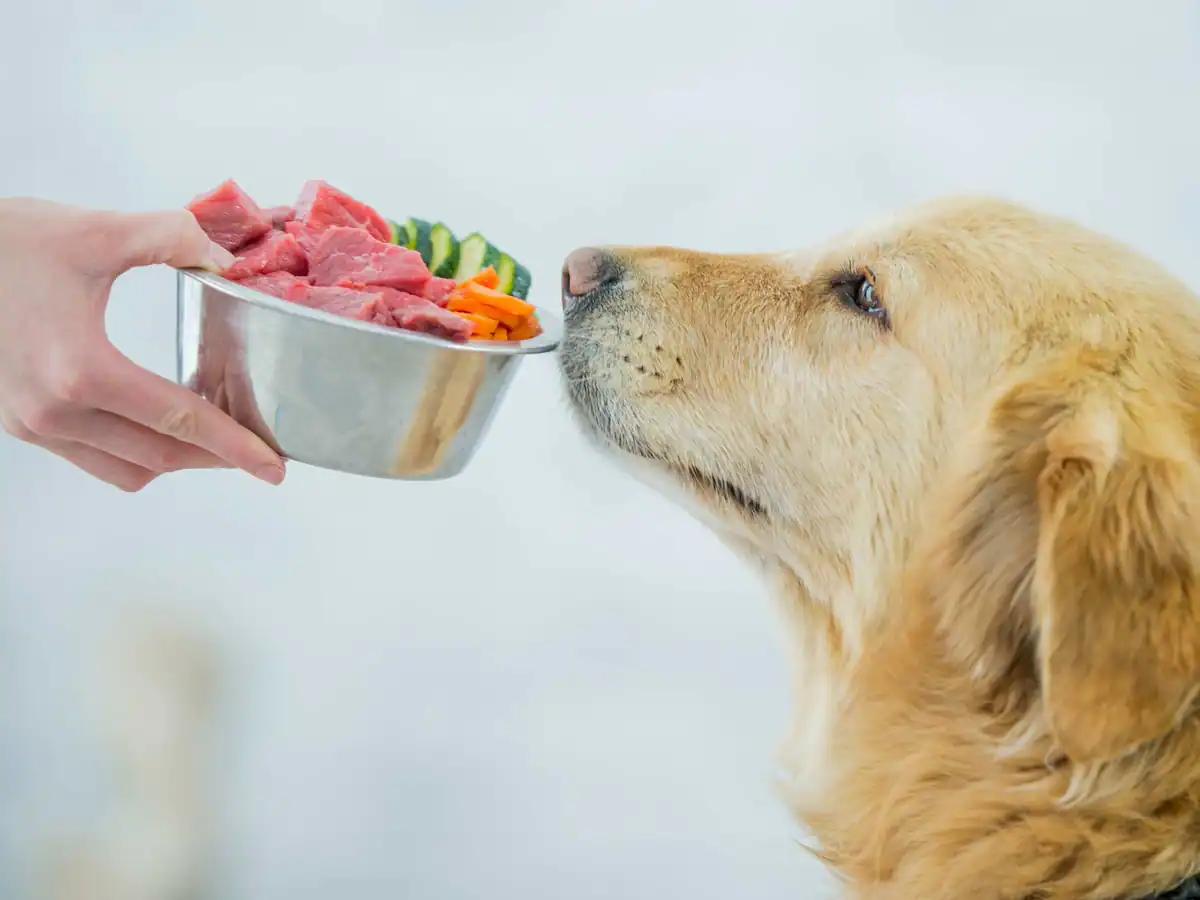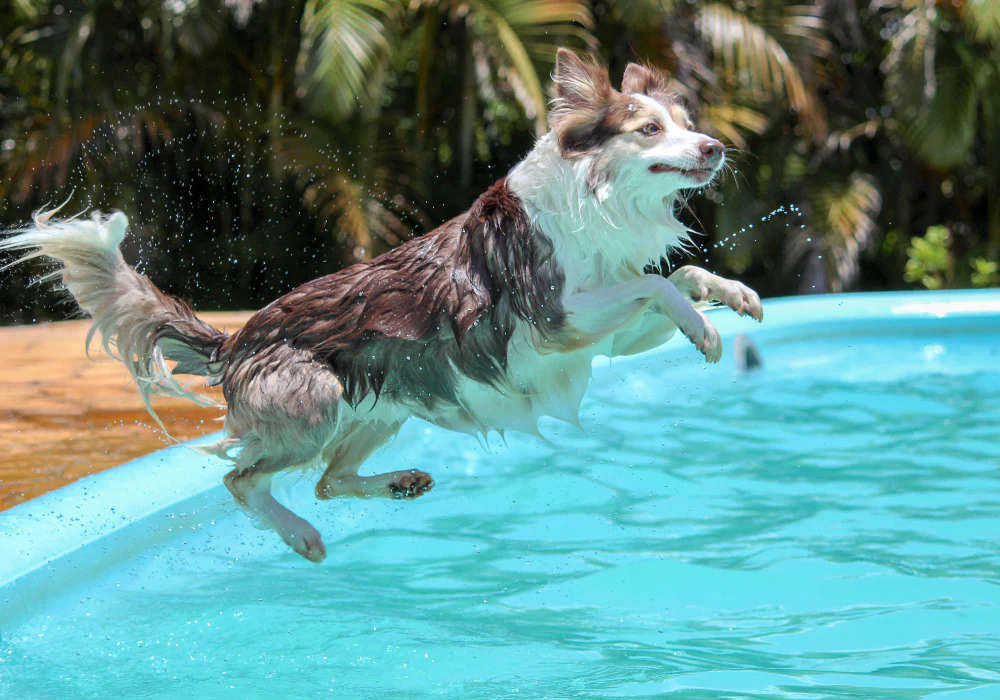Feeding pets raw meat and fish is a growing trend, popularised by pet breeders, pet-health influencers and holistic veterinarians.
Fans of these diets claim that they are more natural and species-appropriate and have several health benefits. Indeed, a balanced raw meat diet can meet a pet’s nutritional needs. Yet while scientists have shown that pets can digest raw meat easier than regular pet food, there is no clear evidence that it is better for a pet’s overall health. And, if it’s not done properly, it can be bad for both the pet and the pet owner’s health.
Raw meat and fish contain germs that can cause serious illness to both pets and humans, so it needs to be handled safely. These germs are especially dangerous for people with weakened immune systems, including children under five, older adults, pregnant people and people receiving chemotherapy.
Unfortunately, our recent research shows that most pet owners (70%) believed that preparing raw food for pets is no different than preparing food for humans. But there is one obvious difference: raw pet food doesn’t undergo that vital step that kills harmful germs and parasites – cooking.
Interestingly, 90% of participants in our study were confident that they can prepare a raw meat-based diet without risk to themselves or their family members. Yet many reported using unsafe raw meat preparation practices, such as rinsing raw meat.
If you are keen to feed your dog or cat raw meat and fish, we recommend that you follow these food safety steps in order to protect yourself, your family and your pets.
Buying
Always choose a reputable company to buy raw pet food from, and check the use-by dates of raw meat products. Although pets may be able to digest meat past the use-by date, this does not make it safe.
One benefit of buying raw meat products for your pet from a company that specialises in these products is that the meat undergoes microbiological safety tests and may be safer than homemade raw diets.
Storing
Storing meat properly is important. Make sure you store meat intended for pets in a sealed container at the bottom of the fridge. Even better, have a separate fridge for raw pet food. And always ensure that raw meat and raw-meat-based pet foods are stored at temperatures 0-5℃.
Many people wrongly believe that freezing kills all harmful bacteria and parasites. Some bacteria can survive freezing temperatures and will start multiplying as soon as they are out of the freezer.
It may be faster to thaw raw pet meat on the counter at room temperature, but it should not be done because harmful bacteria could grow in food if it gets too warm while defrosting. Thaw these products at the bottom of the fridge in a leakproof container and never refreeze raw meat or raw pet products. If it has thawed once, it should be fed to the pet straight away or thrown away.
Preparing
When preparing raw meat for your pet, take care to avoid cross-contamination. If you have a large kitchen, create a dedicated area for preparing this food. If don’t have a dedicated area, be extra diligent with cleaning and sanitising the counters and the surrounding areas after preparing raw pet food. Also, consider using a separate set of utensils and chopping boards just for pet food.
Never rinse raw meat and meat products because this may transfer harmful bacteria around your kitchen sink and the surrounding areas. Likewise, be careful when opening raw meat or raw meat-based diet containers and packaging and avoid spraying juices on the surrounding areas. When finished, carefully dispose of the packaging.
Feeding
Pets have different eating habits, but when fed raw-meat products, they should have a special feeding area. Of course, it is fun for your dog to drag bones around, but you should discourage this behaviour to avoid harmful bacteria being spread around the house.
Provide food in a bowl or on a tray that can be easily cleaned. Areas like carpets, sofas and blankets are not suitable for this purpose and are too difficult to clean afterwards.
Once the food is dispensed, do not let it sit in the bowl for a long time. The longer raw meat is in the bowl at room temperature, the more those harmful bacteria multiply.
Washing and cleaning
It might seem pointless to wash the pet’s bowl after your pet has licked it clean, but bacteria will continue multiplying on the surface of the bowl.
Bowls and trays should be washed after every feeding with hot water and dishwashing liquid. And feeding areas should be cleaned and sanitised. Do not forget to wash the water bowl, too.
Clean and sanitise all pet food preparation areas after you have finished with raw meal preparation. Utensils, boards and freezer containers should be thoroughly washed in hot, soapy water and then thoroughly dried.
One of the most important things to remember is that bacteria can travel on our hands. Wash your hands with soap and warm water before and after handling raw meat and raw meat products.
If you follow these simple steps it will help protect your household and your pets from food-borne illness.









